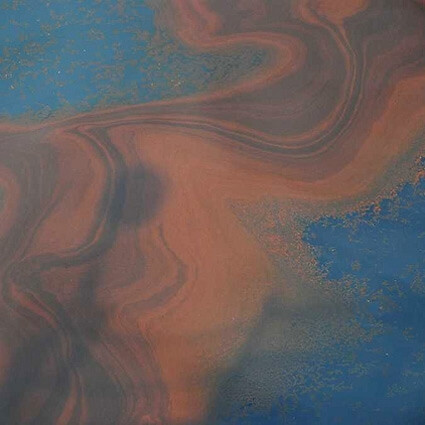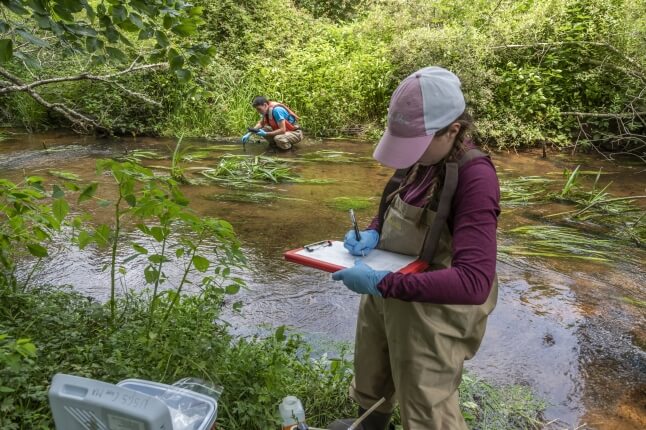News
Reflecting on her role in the Gulf Oil Spill Commission, SEAS Dean Cherry A. Murray said, "Offshore oil drilling can be done safely. It will always have risks, and we need to better mitigate those risks. So it was a failure of management..."
Established in May, 2010, by President Obama, the National Commission on the BP Deepwater Horizon Oil Spill and Offshore Drilling issued its report on January 11, 2011 after 6 months of intensive effort.
Cherry Murray, Dean of the Harvard School of Engineering and Applied Sciences, and APS President in 2009, served on the commission, and shortly after it ceased operations on March 11, she talked with APS News staff writer Michael Lucibella about her experiences.
Q: In a nutshell, how would you describe what the commission found?
A: Let me explain what our charter was first, because it was quite broad. What we needed to do was look at the whole picture, figure out what the root cause of the Deepwater Horizon blowout was, and then develop some options for guarding against and mitigating oil spills associated with offshore drilling, learn from this disaster and figure out what government, industry and whoever else needed to do in order to prevent this from ever happening again.
There were seven commissioners: two co-chairs, Bob Graham and Bill Reilly, and five others. There were 60 staff and the staff did a huge amount of work. The executive director was Richard Lazarus. We had six months. This was the fastest any presidential commission has ever been asked to do a report. We had a huge amount of work to do in a very short amount of time, and how that got accomplished with seven commissioners is by having this incredibly able staff of sixty people. The investigation of what actually happened is still ongoing and there are at least 13 different groups studying this.
Our job was to look at the root cause and leverage but not interfere with any other investigations that were going on. We had several subcommittees who were working on various aspects of this.
We ended up making recommendations on nine distinct areas. The first area was improving the safety, because it became very obvious that this was a serious issue in that eleven people died. We asked what should the government do to improve the safety, and what should the industry do to improve safety, then looked at safeguarding the environment, which is not the same as human safety, but obviously linked. Other issues included strengthening oil spill response planning and capacity, advancing well containment, and then what to do about restoring the Gulf. We also looked at ensuring financial responsibility of the parties at fault.
The major conclusion is that this incident was a failure of management. Offshore oil drilling can be done safely. It will always have risks, and we need to better mitigate those risks. So it was a failure of management, both of the industry and of the government oversight.
Topics: Environment
Cutting-edge science delivered direct to your inbox.
Join the Harvard SEAS mailing list.



